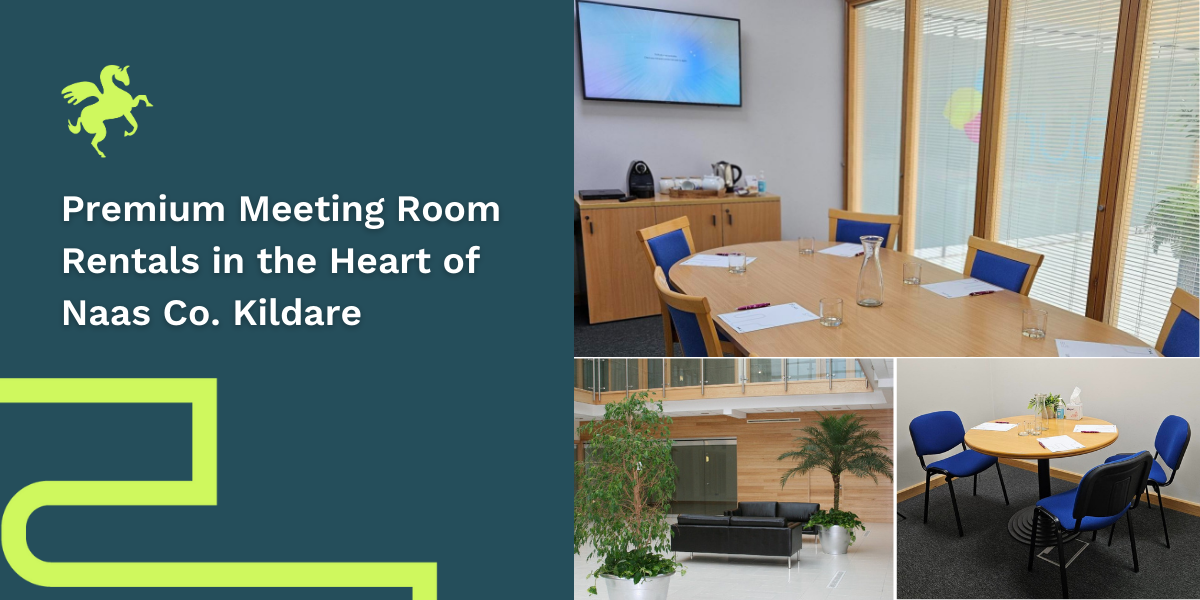
The Power of Partnership: Collaborative Recruitment Approaches
In the ever-evolving landscape of talent acquisition, businesses are navigating a complex terrain to secure the right talent for sustained growth. While recruitment agencies have long been considered transactional service providers, a paradigm shift is underway. The key to unlocking unprecedented business growth lies in embracing collaborative recruitment approaches and fostering true partnerships with recruitment agencies.
I. Introduction: Rethinking Recruitment as a Strategic Partnership
Evolving Business Needs and Recruitment Realities
The dynamics of the modern workforce are constantly evolving. As businesses face unprecedented challenges, the role of recruitment has shifted from a one-size-fits-all approach to a more strategic and customized endeavor. Organizations must not only find candidates with the right skills but also individuals who align with their culture and long-term goals.
The Limitations of Traditional Recruitment Models
Traditional recruitment models often fall short in addressing these multifaceted needs. A myopic focus on transactional relationships may result in short-term gains but fails to address the holistic requirements of modern businesses. To truly thrive, organizations need a collaborative recruitment approach that transcends the conventional client-agency dynamic.
II. The Essence of Collaborative Recruitment
Defining Collaborative Recruitment
Collaborative recruitment is not merely a buzzword; it represents a fundamental shift in the way businesses approach talent acquisition. At its core, it involves a partnership-based model where the recruitment agency becomes an extension of the client’s team. This shift in perspective is crucial for unlocking the full potential of recruitment agencies.
Building a Bridge Beyond Transactions
Moving beyond the transactional nature of traditional recruitment, collaborative approaches build a bridge of understanding and mutual commitment. Instead of a mere service provider, the recruitment agency becomes a strategic ally, invested in the client’s success.
III. Customization for Cultural Fit and Long-Term Success
Tailoring Solutions to Unique Organizational DNA
One of the hallmarks of collaborative recruitment is customization. Rather than employing a one-size-fits-all strategy, recruitment agencies work closely with clients to understand their organizational DNA. This ensures not only the identification of candidates with the right skills but also those who resonate with the company’s values and culture.
Case Study: Tech Startup’s Quest for Innovation
Consider the case of a dynamic tech startup aiming to infuse innovation into its workforce. Through a collaborative partnership, a recruitment agency tailored the hiring process to attract candidates not only with technical prowess but also a shared entrepreneurial spirit. The result was a team that not only met project requirements but also contributed to the startup’s culture of innovation.
IV. Transparent Communication: A Cornerstone of Collaboration
The Power of Open Lines of Communication
Effective collaboration is impossible without transparent communication. This involves an open dialogue between the client and the recruitment agency, fostering an environment where insights, challenges, and expectations are shared freely.
Case Study: Manufacturing Company’s Surge in Hiring Needs
In a scenario where a manufacturing company experienced a surge in hiring needs, transparent communication was pivotal. Regular check-ins and feedback sessions ensured that the recruitment agency was well-informed about evolving requirements. This facilitated a smooth and efficient hiring process, mitigating challenges associated with rapid expansion.
V. Strategic Alignment for Long-Term Success
Beyond Immediate Staffing Needs
Collaborative recruitment is not just about filling immediate staffing needs; it’s about strategic alignment for long-term success. The recruitment agency, in a true partnership, contributes to the organization’s workforce planning and overall growth strategy.
Case Study: Financial Institution’s Strategic Workforce Planning
Consider a financial institution that collaborated with a recruitment agency specializing in finance roles. The agency not only filled crucial positions but also provided valuable market insights. This collaborative approach not only met immediate hiring needs but also contributed to the client’s strategic workforce planning, ensuring sustained growth.
VI. Metrics and KPIs: Ensuring Accountability and Success
Establishing Clear Benchmarks
To measure the effectiveness of a collaborative recruitment partnership, clear metrics and Key Performance Indicators (KPIs) are essential. These benchmarks not only hold the recruitment agency accountable but also provide valuable data for continuous improvement.
Case Study: Retail Company’s Focus on Time-to-Fill Rates
In a retail scenario where reducing time-to-fill rates was a priority, a collaboration with a recruitment agency set specific metrics. Through regular performance reviews and adjustments to the recruitment process, the partnership achieved faster hiring cycles. This not only met the immediate need but also positively impacted overall business productivity.
VII. Navigating Future Challenges: Embracing Innovation
Adapting to the Future of Work
The collaborative recruitment model must also be adaptable to future challenges. Embracing innovation, leveraging technology, and cultivating diversity in the hiring process are essential components for staying ahead in the evolving landscape of recruitment.
Case Study: Technology Integration for Scalable Solutions
Consider a scenario where a forward-thinking recruitment agency integrated cutting-edge technology into the hiring process for a client facing rapid expansion. This not only streamlined recruitment efforts but also set the stage for scalable solutions to meet future challenges.
VIII. Conclusion: Elevating Recruitment to a Catalyst for Growth
In conclusion, the power of partnership in recruitment is transformative. By fostering true partnerships with recruitment agencies, businesses can customize their hiring strategies, align strategically for long-term success, and achieve unparalleled results. It’s not just about filling roles; it’s about building a collaborative alliance that propels the business forward in the competitive talent landscape. Embracing the power of partnership unlocks the true potential of recruitment agencies, turning them into catalysts for sustained and unprecedented business growth.











